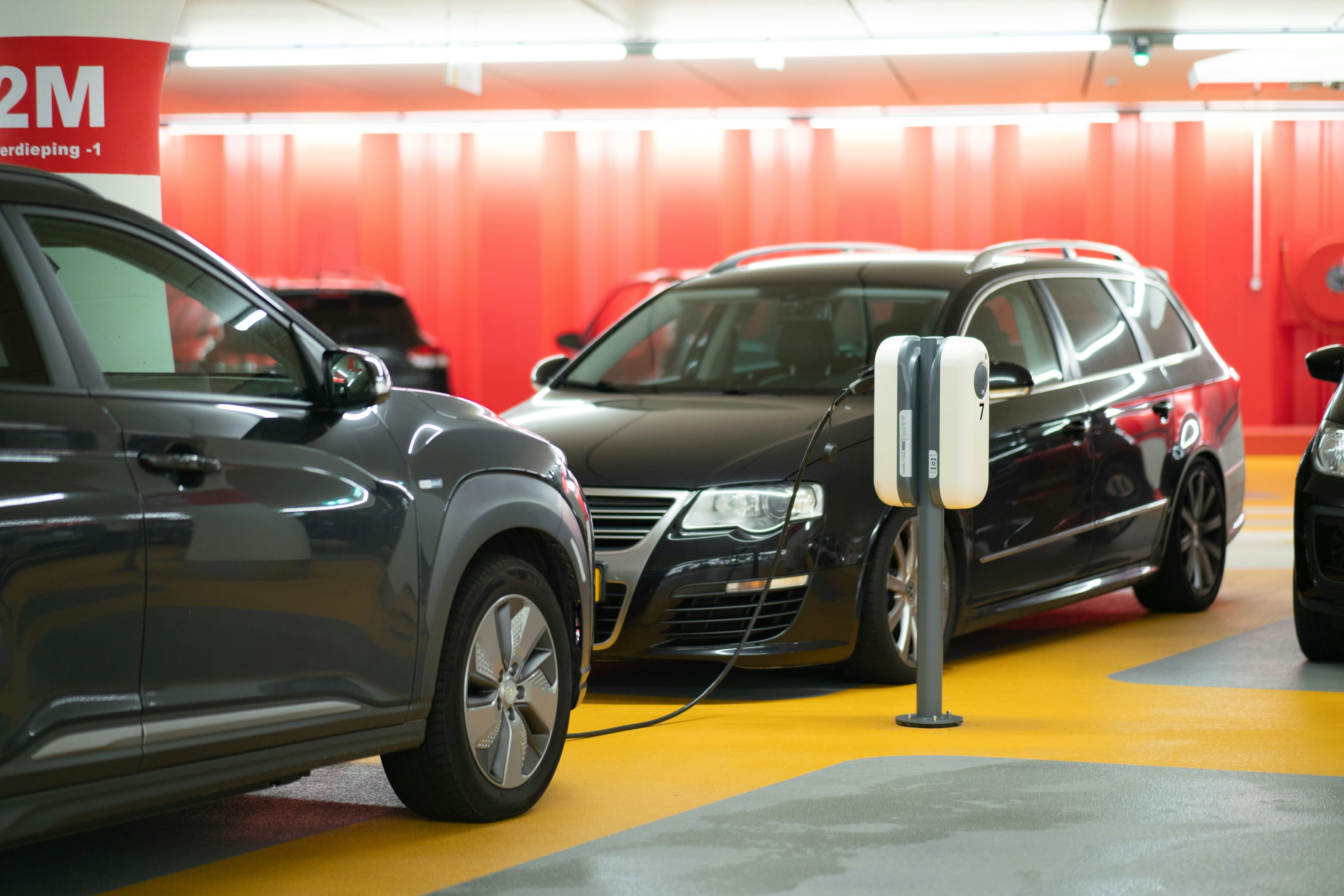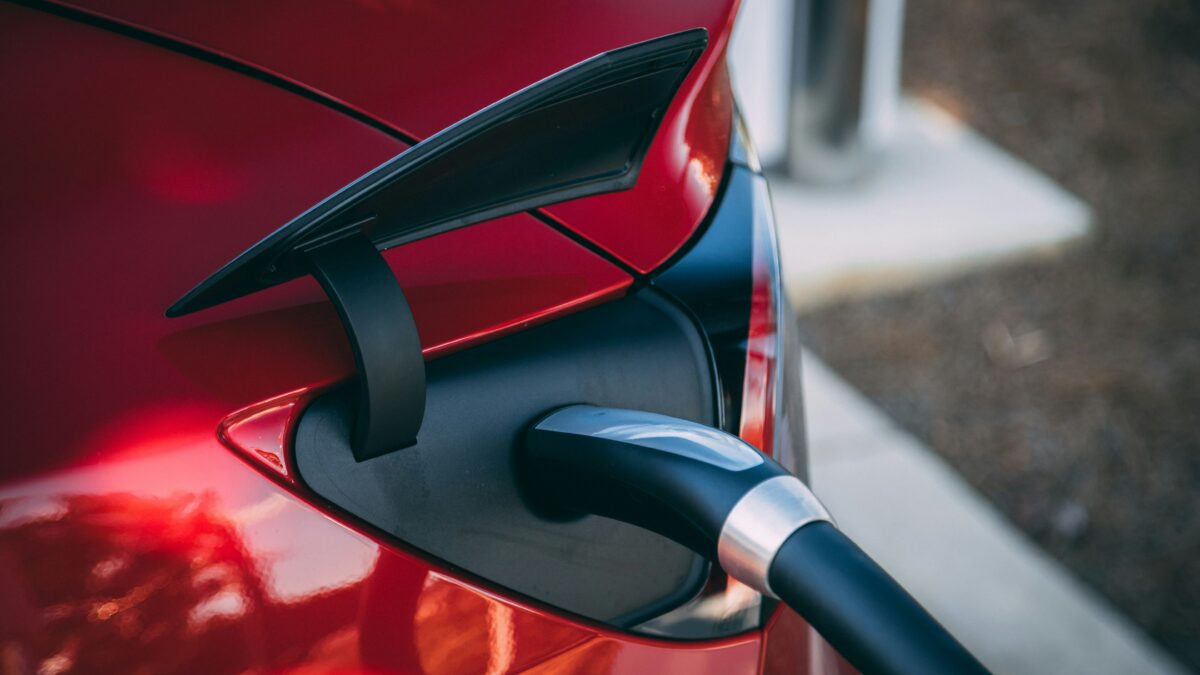Five Thing to Expect with EV Ownership
With electric vehicles dominating the automotive market and their sales catapulting in every country worldwide, many people are switching to this new and popular technology. While electric vehicles are indeed the future for anyone who regularly uses an automobile, certain factors and charges should be considered before you invest money in this new technology.
The most significant factor is to ensure that you do your own research before you buy an EV. Once you have decided on the make and model you are interested in, you must honestly assess whether this particular vehicle suits your lifestyle, such as your weekly mileage and where you are situated.
Within this article, we divulge several other factors that you need to consider for EV ownership.
Preparing for the EV Experience: Five Key Aspects of EV Ownership
1. The Battery Size and Driving Range
Like in combustion engine vehicles, the engine size varies for each vehicle; this is similar to electric cars when it comes to their batteries. When you invest in an electric vehicle, you should know the size of the battery within it and, most importantly, the driving range capabilities of the car. Mid-range vehicles like Honda would have a smaller battery size and a driving range of up to 200kms at a full charge. The top Tesla models would have considerably larger battery sizes, with a driving range of up to 600kms at full charge.
So why don’t we all have Teslas with excellent driving ranges? Well, like everything, it comes down to cost. Bigger batteries cost more money. So, if you live in a rural area and commute daily, you will need a bigger battery than someone living in the city, which will incur a higher cost.
2. The Local Charging Stations and the Cost of an At-Home Charger
Another thing to expect when you become an owner of an electric vehicle is researching the best way to charge your new EV. Many experts believe that having an at-home charger is the best way as it is the most convenient and will save you money over the lifetime of the vehicle. Most modern homes should be able to provide up to 7.4kW charging power, which will charge most electric cars. The cost of installing a charge at home differs depending on where you are installing it and the charger itself. Many EV owners also attribute the cost of changing their car at home to using the clothes dryer.
If you live in a home, such as an apartment, where you cannot install a charging point, you need to locate the nearest charging point to your house. It would also be wise to identify several charging points near places you regularly frequent, such as your job and your favorite coffee shop; that way, if you run low on charge, there is always a charging point nearby.
3. The Features
There is a broader choice of electric vehicles today than only a few years ago, making it much harder to choose which is best for you and your life. One factor when picking your EV of choice is its features. After its cost and driving range, the features within the car could be a deciding factor on whether you purchase it or not.
Any electric vehicle worth investing in should have a plethora of safety features, including regenerative braking and lane assist. It should also have the basic capabilities you would expect from your car. For example, an electric SUV should have ample space, and a pickup should have excellent towing capabilities. Also, many include a wide range of modern technological features, such as multiple screens and applications like Apple Play.
4. The Government Incentives
Another thing to expect when you become an EV owner is to take advantage of the many government incentives regarding electric vehicles. To incentivize people to change to electric technology quickly, the government introduced the Inflation Reduction Act, which provides a one-time payment of up to $7,500 for people who buy a new EV. But there are some stipulations. Not all electric vehicles fall under these incentives, but a large amount do as long as they are priced under $80,000 for pick-up trucks and $55,000 for cars and sedans.
5. The Overall Cost of EV Ownership
Before investing in your new electric vehicle, you should understand the entire cost of owning an EV. Along with the car’s initial price, you should include factors like the price of installing an at-home charger, how much it will cost to charge it over a specified period, the average timespan of an EV battery, and how much car insurance will be for an EV. By ensuring you have thoroughly researched and checked the hidden costs of owning a vehicle with electric technology, there will be no nasty surprises, and your experience will be much more enjoyable.
Owning an electric vehicle at the forefront of this technology is very exciting. If researched correctly, you will have an excellent car that lasts for years and doesn’t adversely affect the environment—a win-win. What are your thoughts on EV ownership? Share your opinion in the comments.

















